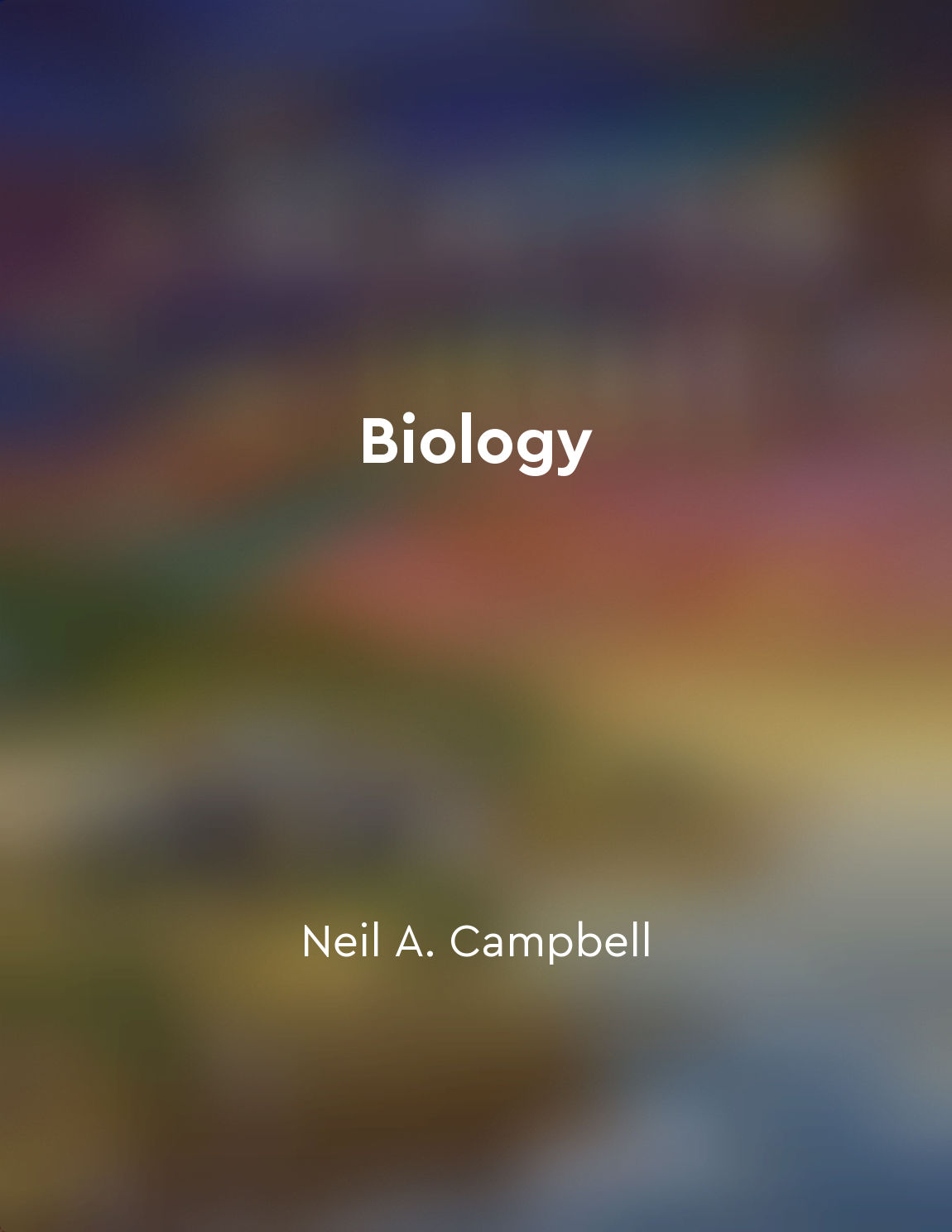Native plant species are particularly beneficial for pollinators from "summary" of The Forgotten Pollinators by Stephen L. Buchmann,Gary Paul Nabhan
Native plant species play a crucial role in supporting pollinators by providing them with essential resources such as nectar and pollen. These plants have co-evolved with local pollinators over time, leading to specialized relationships that benefit both parties. Native plants are well adapted to the local environment and often bloom at key times when pollinators are active, ensuring a steady supply of food throughout the season. In contrast, non-native plant species may not offer the same level of nutrition or support for pollinators. These plants may not produce the right type or quantity of nectar and pollen needed by local pollinators, leading to nutritional deficiencies that can impact their health and reproduction. Additionally, non-native plants may not provide suitable habitat or nesting sites for pollinators, further limiting their ability to thrive in the area. By planting and maintaining native plant species in gardens, parks, and natural areas, individuals can create valuable habitats for local pollinators. These ...Similar Posts
Humans share a deep connection with the planet
The idea that humans are deeply connected to the planet is not just some new age philosophy or environmentalist sentiment. It i...
We must prioritize the protection of endangered species
The protection of endangered species is crucial for maintaining the delicate balance of our ecosystems. These species play a vi...
Biomimicry requires a deep respect for nature
To truly understand the essence of biomimicry, one must cultivate a profound reverence for the natural world. It is not merely ...
The loss of species can have cascading effects on ecosystems
Losing a single species may seem like a minor event, but in reality, it can trigger a chain reaction that reverberates througho...
The diversity of life in Selborne is a wonder to behold
The variety of living creatures that inhabit the village of Selborne is truly a sight to behold. As I wander through the meadow...

The future of biology
As we look ahead to the future of biology, it becomes apparent that the field is on the brink of some groundbreaking advancemen...
Accountability is important
In a world that is becoming increasingly complex and interconnected, accountability is a vital principle that cannot be overloo...
Local food systems foster stronger connections between growers and consumers
The interconnectedness between growers and consumers within local food systems is a fundamental aspect that cannot be overlooke...
Depersonalization of nature
The depersonalization of nature represents a pivotal shift in human perception, a transformation in which the natural world is ...
Human activities have disrupted natural balances
The delicate balance of nature has been thrown off kilter by the actions of humans. Over the centuries, our activities have cau...
